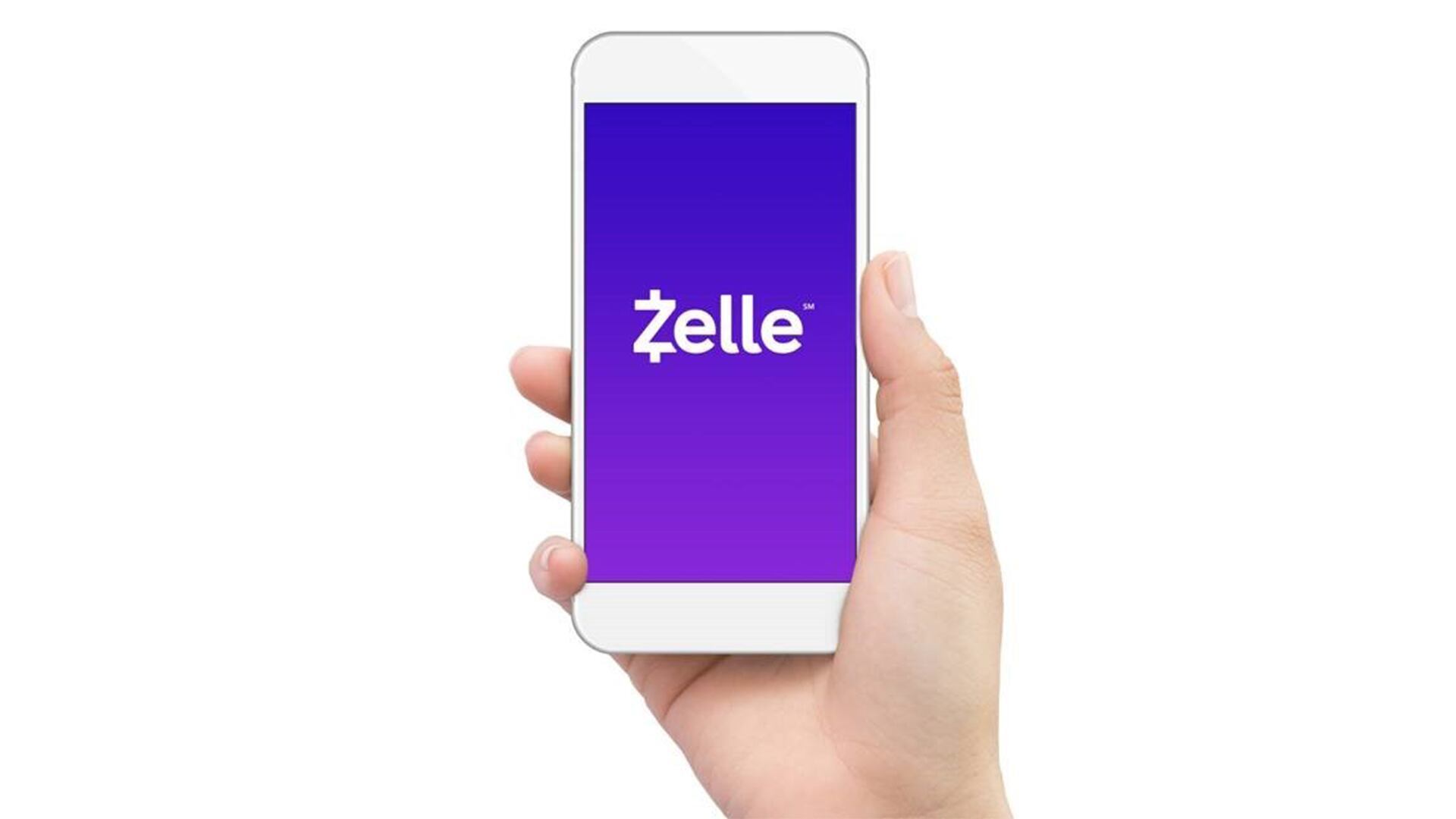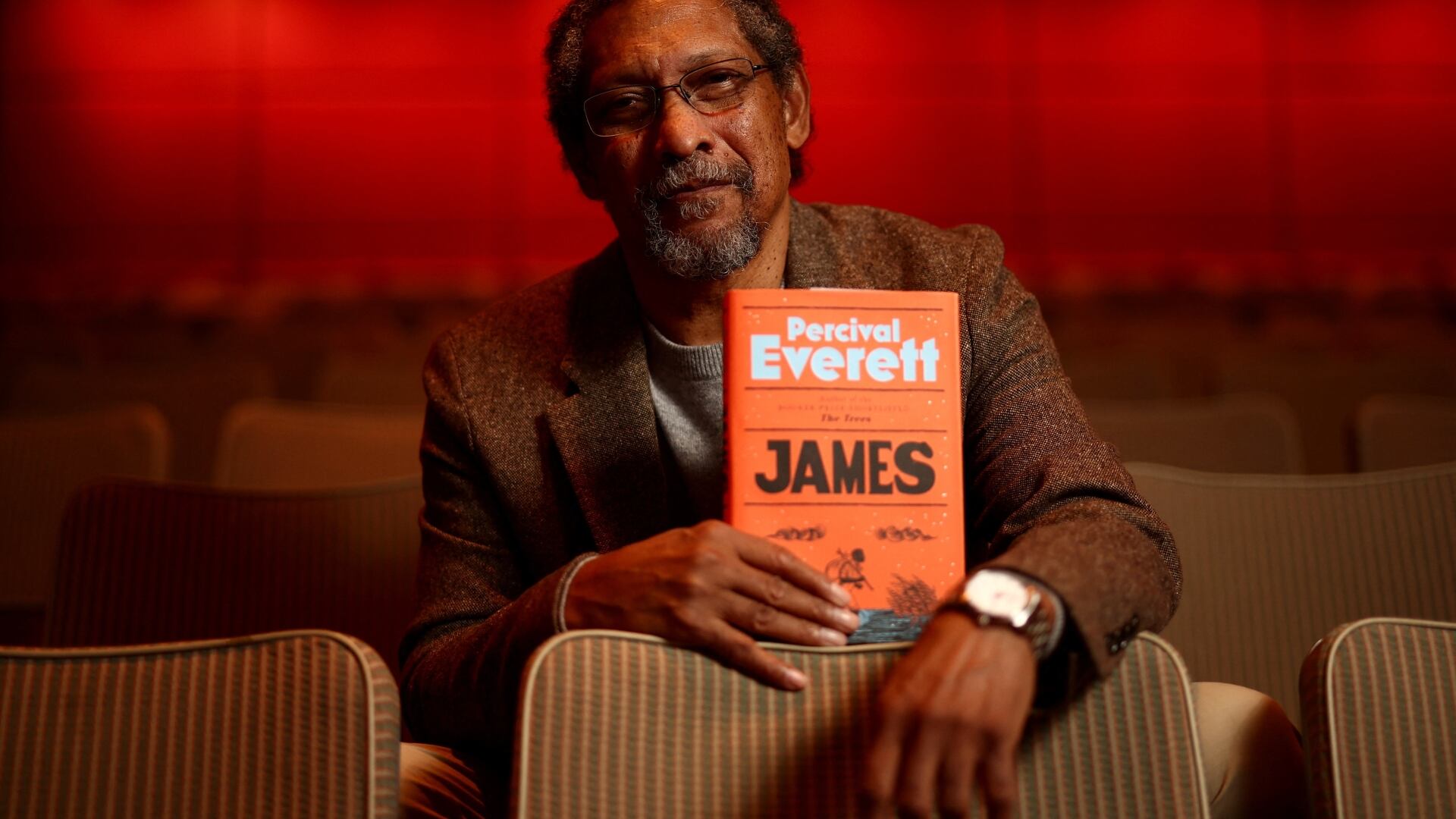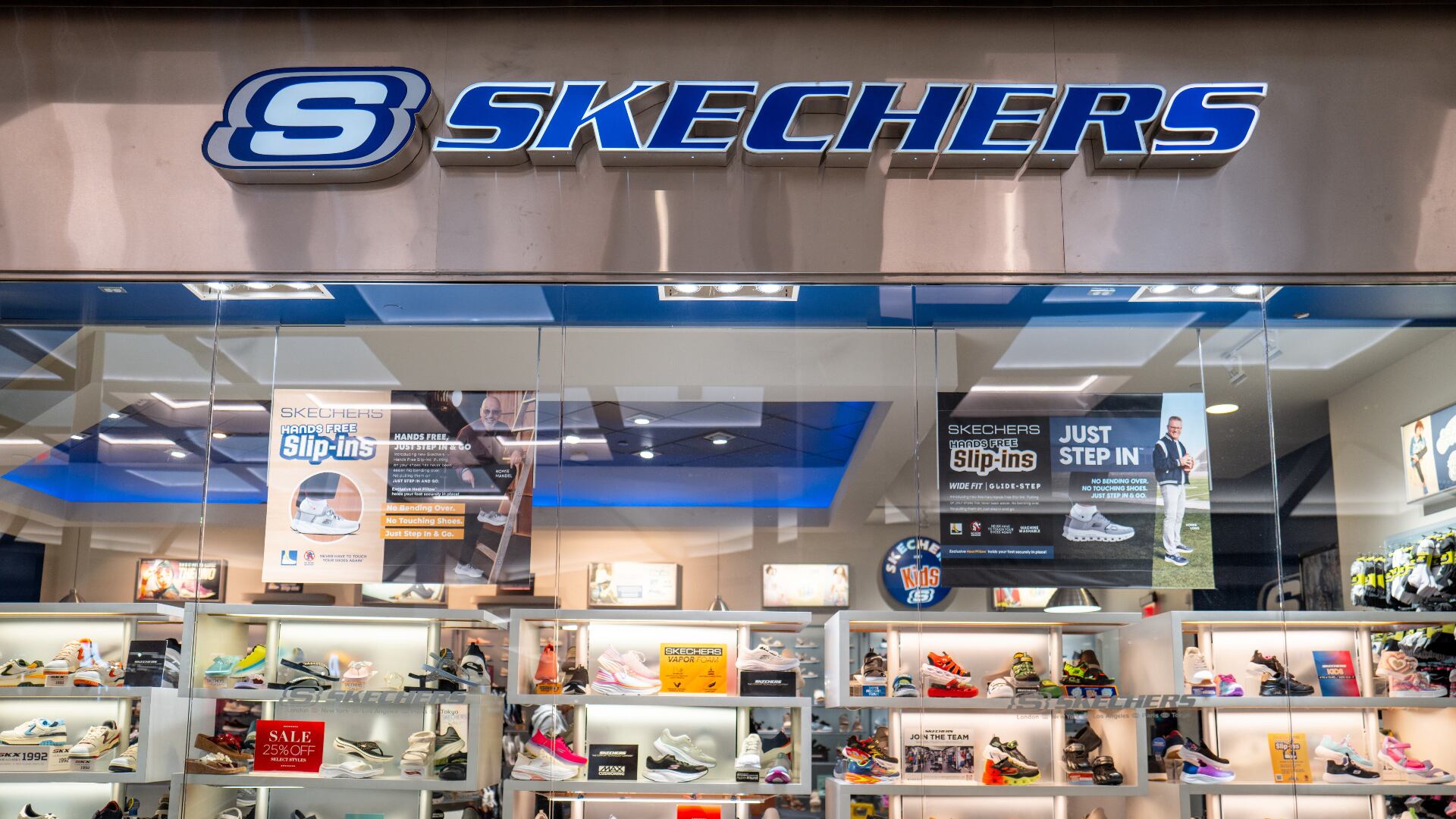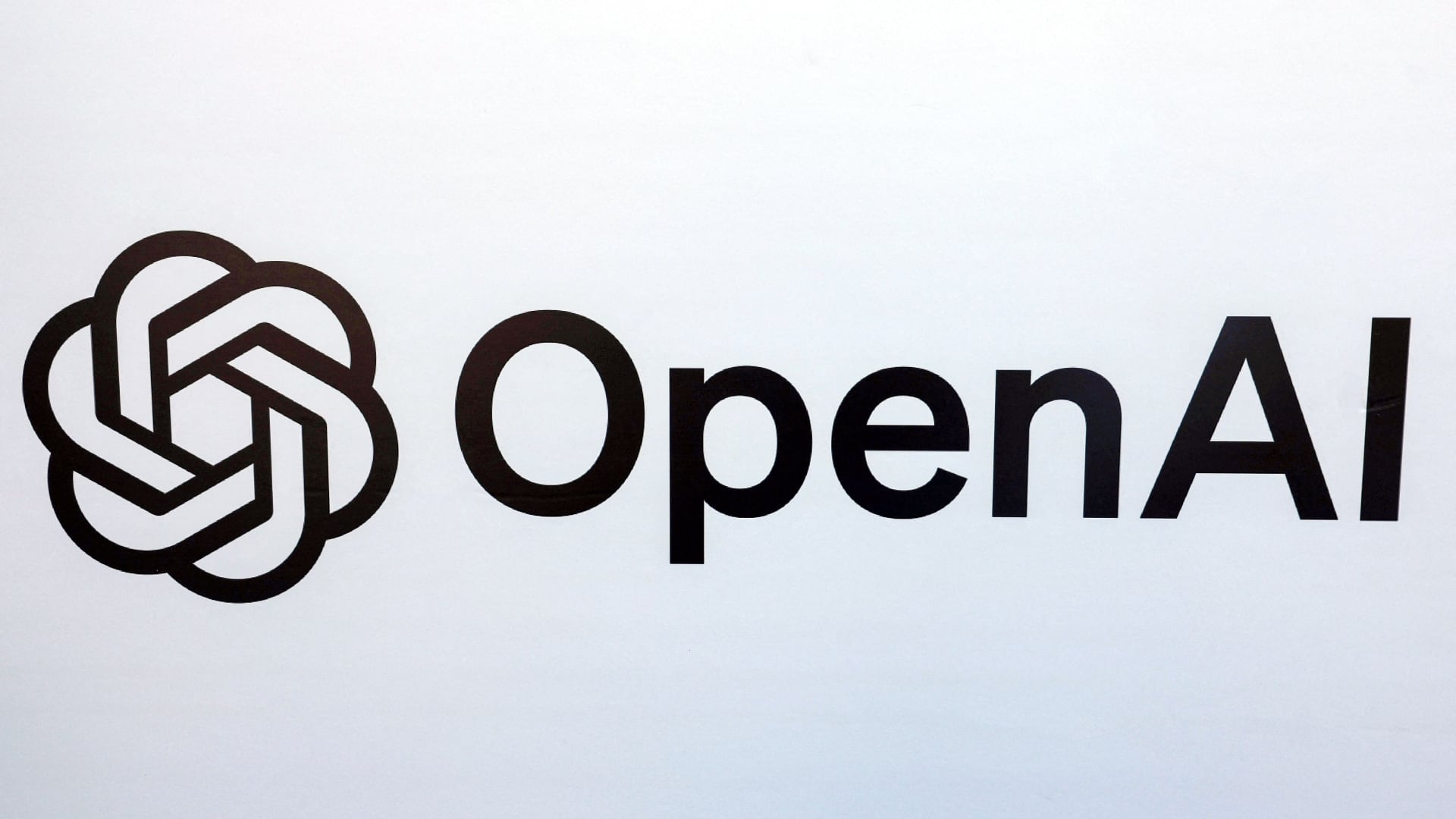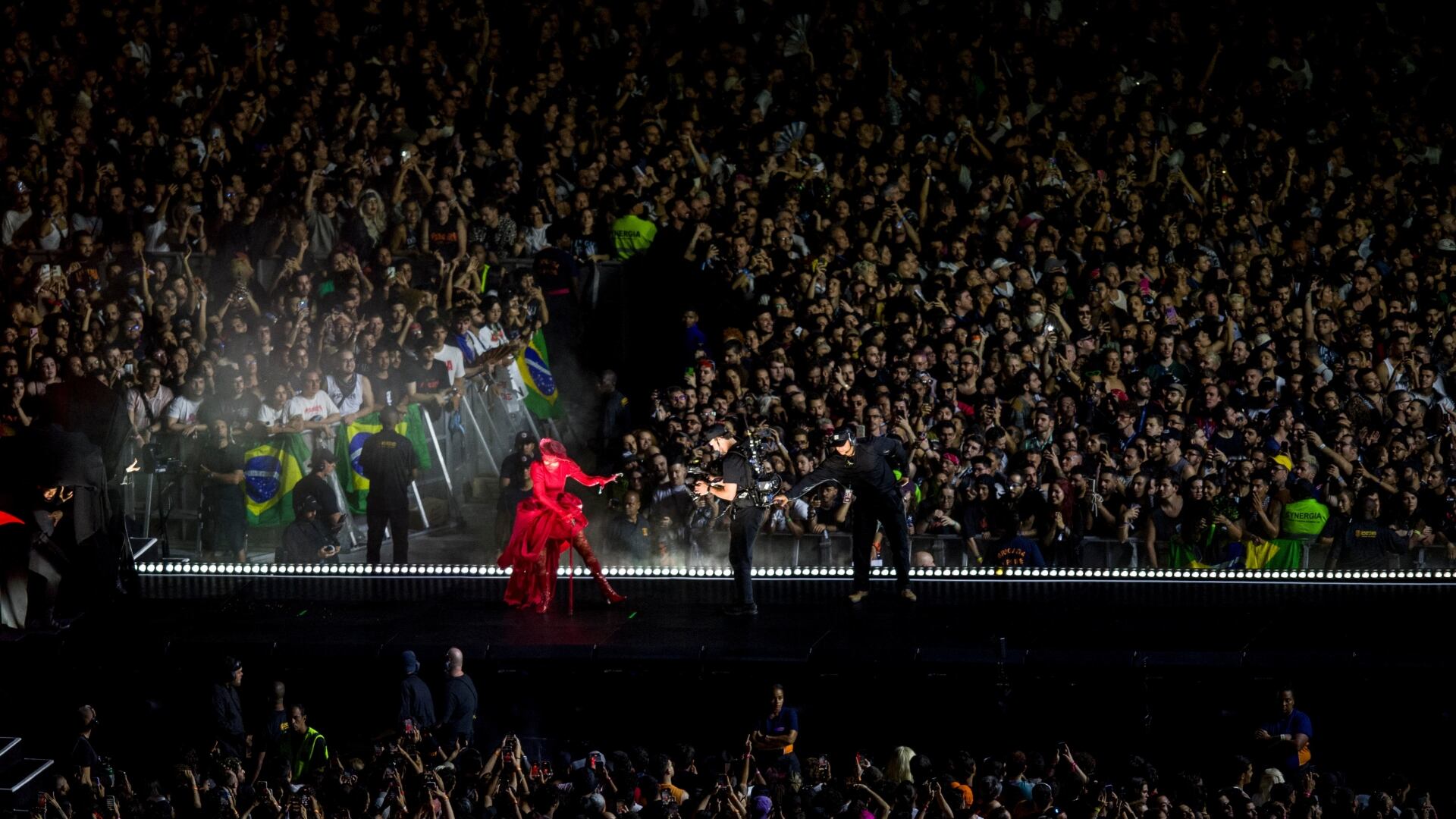Federal officials said Monday they are seeking more than $160,000 in fines from eight airline passengers over incidents involving alcohol.
The Federal Aviation Administration said the biggest single proposed fine, topping $40,000, involves a passenger who brought alcohol on the plane and drank it, smoked marijuana in the lavatory, and sexually assaulted a flight attendant on a Southwest Airlines jet in April.
Police arrested the passenger after the plane from San Jose, California, landed in San Diego, and charged the person with resisting arrest and public intoxication, according to the FAA. It was not clear why the passenger was not charged with assault. The FAA does not have authority to file criminal charges.
The FAA did not identify any of the eight passengers, who face a combined total of $161,823 in civil penalties, although they have the right to contest the allegations. In some cases, airline crews diverted flights to land more quickly because of the passengers' erratic behavior.
The proposed fines represent the latest salvo in the FAA’s attempt to crack down on unruly passengers on planes, a problem that became much more common starting in January. Airlines have reported more than 5,000 incidents of unruly passengers to the FAA this year.
Most of the incidents have involved passengers refusing to follow the federal requirement for passengers to wear face masks while on planes, but nearly 300 have involved intoxicated passengers, according to the FAA.



